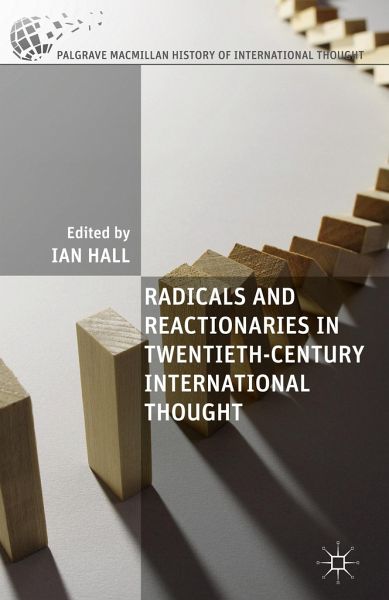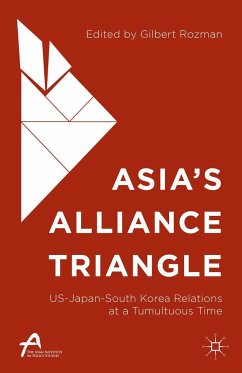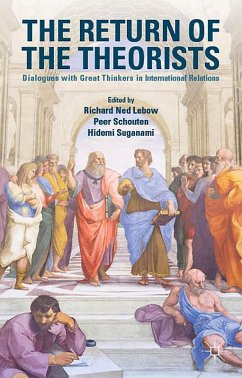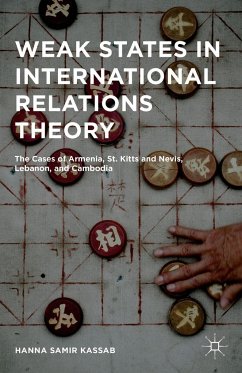
Radicals and Reactionaries in Twentieth-Century International Thought

PAYBACK Punkte
19 °P sammeln!
The history of international thought is a flourishing field, but it has tended to focus on Anglo-American realist and liberal thinkers. This book moves beyond the Anglosphere and beyond realism and liberalism. It analyses the work of thinkers from continental Europe and Asia with radical and reactionary agendas quite different from the mainstream.












